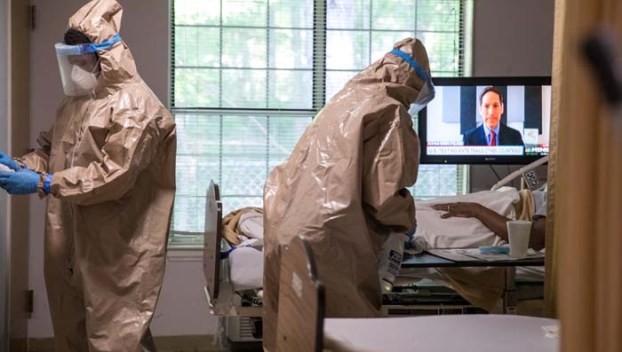
Ga Fl News
Bill would allow medical facilities visitors during heath crises
ATLANTA — House lawmakers took part in a lengthy debate Thursday on legislation that would restrict nursing homes ... Read more

ATLANTA — House lawmakers took part in a lengthy debate Thursday on legislation that would restrict nursing homes ... Read more